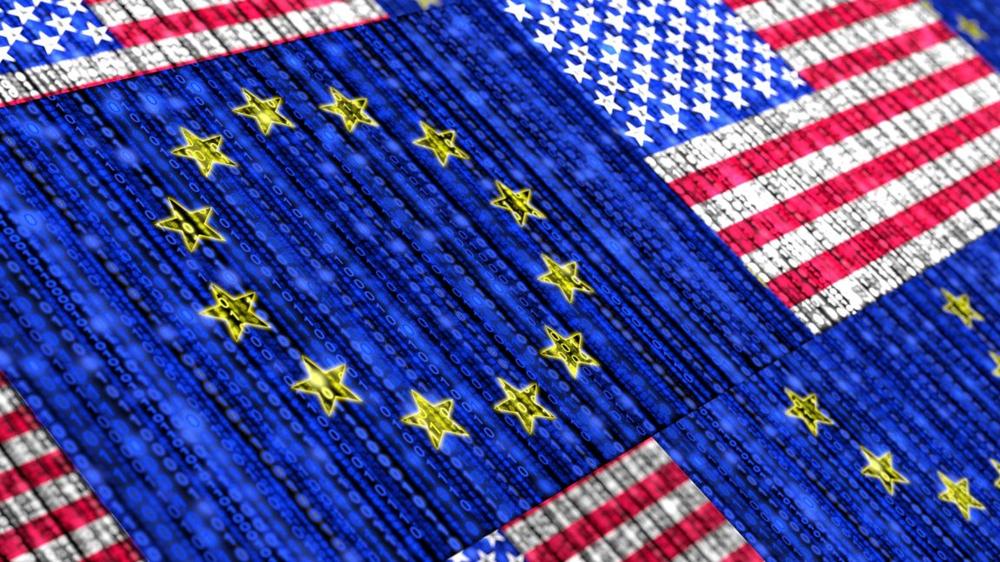The EU is set to scrutinize if Apple, Google and Microsoft are failing to adequately police financial fraud online, as it steps up efforts to police how Big Tech operates online.
The EU’s tech chief Henna Virkkunen told the Financial Times that on Tuesday the bloc’s regulators would send formal requests for information to the three US Big Tech groups as well as global accommodation platform Booking Holdings, under powers granted under the Digital Services Act to tackle financial scams.
“We see that more and more criminal actions are taking place online,” Virkkunen said. “We have to make sure that online platforms really take all their efforts to detect and prevent that kind of illegal content.”
The move, which could later lead to a formal investigation and potential fines against the companies, comes amid transatlantic tensions over the EU’s digital rule book. US President Donald Trump has threatened to punish countries that “discriminate” against US companies with higher tariffs.
Virkkunnen stressed the commission looked at the operations of individual companies, rather than where they were based. She will scrutinize how Apple and Google are handling fake applications in their app stores, such as fake banking apps.
She said regulators would also look at fake search results in the search engines of Google and Microsoft’s Bing. The bloc wants to have more information about the approach Booking Holdings, whose biggest subsidiary Booking.com is based in Amsterdam, is taking to fake accommodation listings. It is the only Europe-based company among the four set to be scrutinized.
The EU’s tech chief said online fraud losses exceeded €4 billion annually across the bloc. She said financial scams could cause mental issues, while the rise of artificial intelligence had made detecting the practice more challenging.
Virkkunen’s move follows an ongoing investigation into Meta’s Facebook and Instagram for potential breaches of the Digital Services Act—a landmark law designed to police how tech giants operate online—to flag illegal content.
Brussels is also looking into whether Chinese companies Temu and Shein comply with the DSA when it comes to handling illegal products on their marketplaces.
After focusing in the last couple of months on the protection of minors, online shopping and election integrity, tackling financial scams would be a new priority under the DSA, Virkkunen said.
Brussels is facing criticism over dragging its feet in the enforcement of its digital rule book, especially its investigation into Elon Musk’s X platform. Brussels was expected to finalise its probe into the social media platform before summer.
Without discussing specific investigations, the Finnish politician said that there were a lot of DSA probes in the pipeline and that “in the coming weeks and months we are able to make decisions.”
Under the DSA, companies that fail to curb illegal content and disinformation face penalties of up to 6 percent of their annual global turnover.
© 2025 The Financial Times Ltd. All rights reserved Not to be redistributed, copied, or modified in any way.

 PlayStation State of Play Announced for Tomorrow, September 24
PlayStation State of Play Announced for Tomorrow, September 24